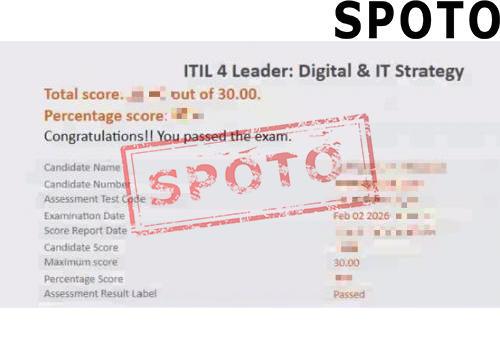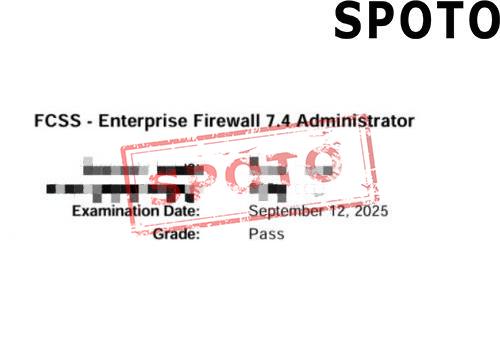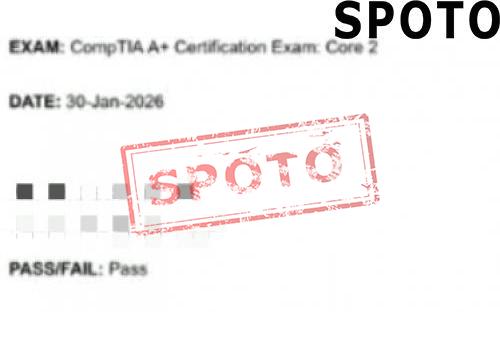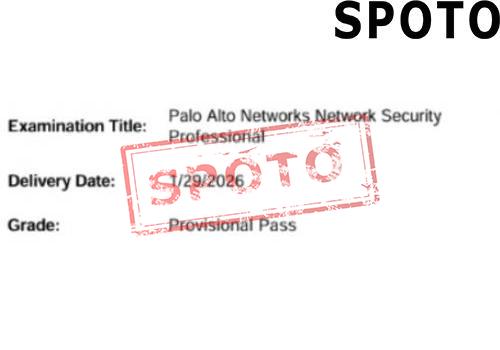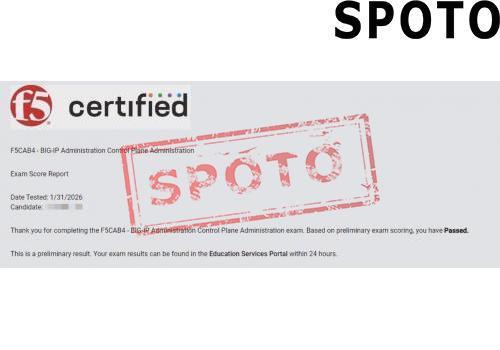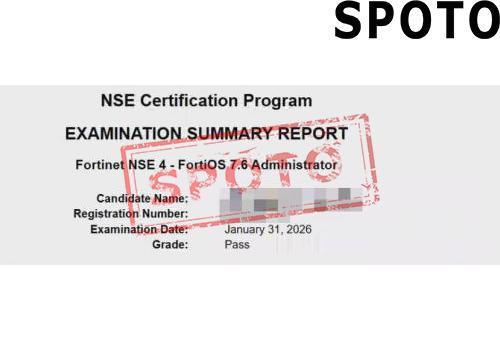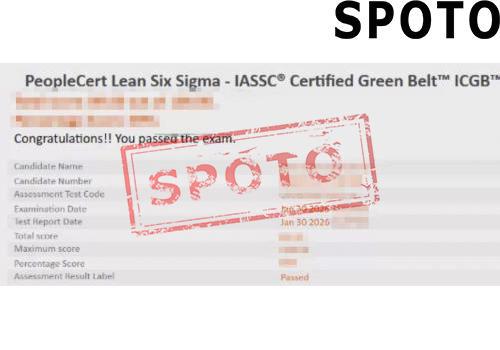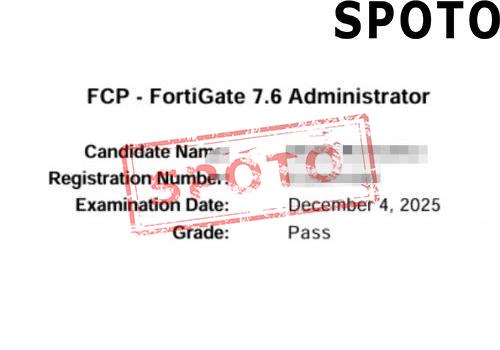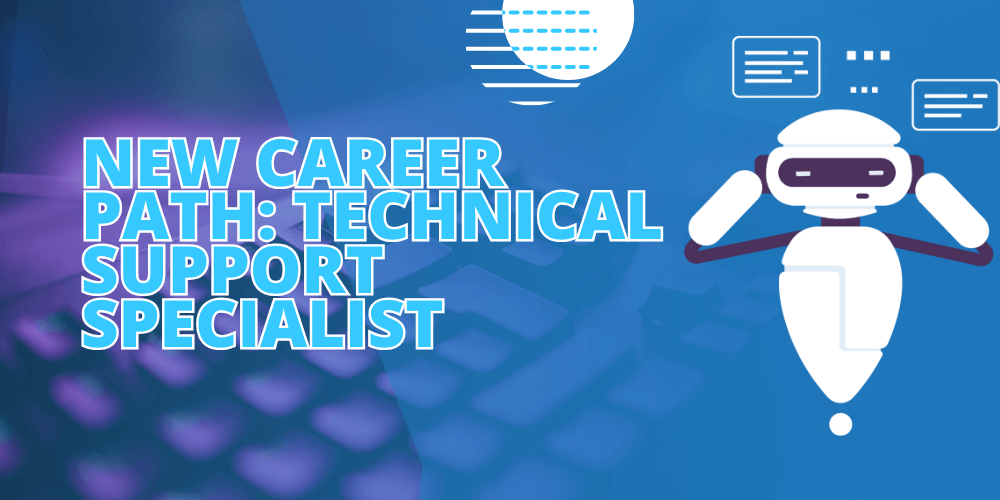
Table of Contents
Curious about Technical Support Specialist? Discover its components, requirements, and why this global project management credential matters.
1. What is a technical support specialist?
Technical Support Specialists are professionals who are responsible for solving technical problems related to products and services for users or customers. They play a key role as a bridge between enterprises and users, ensuring that users can use products or services smoothly.
2. What abilities does the technical support specialist require?
The core responsibilities of technical support include problem diagnosis and resolution, receiving technical consultations from users, locating the root causes of problems and providing solutions through telephone, email, online chat or remote control. It is also the responsibility of technical support specialists to explain the functions of products to users, provide guidance and training to users, remind users of operating methods and precautions, and conduct simple training when necessary to help users improve their efficiency. Technical Support Specialists also need to record users' problems, processing processes and results in detail to form a knowledge base; at the same time, they should give feedback on high-frequency problems, product defects, etc. to the R&D or product team to help optimize products. When problems are beyond their own handling scope, they should coordinate with R&D and operation and maintenance departments to solve them together to ensure that user problems are followed up in a timely manner.
3. Benefits of be a Technical Support Specialist
Becoming a technical support specialist can bring many benefits, including the accumulation of professional skills and personal growth and development opportunities.
(1) Quickly accumulate practical technical knowledge
In daily work, you need to deal with various practical technical problems such as software failures, hardware debugging, network configuration, etc., and you can quickly master the practical experience of mainstream products, systems and tools in the industry to form a solid technical foundation. The problems encountered often cover multiple fields such as operating systems and databases, which helps to build a "broad-spectrum" technical cognition and lay the foundation for subsequent deep cultivation of subdivided fields to participate in system operation and maintenance and network engineering.
(2) Improve communication and problem-solving skills
You need to communicate frequently with users from different backgrounds, which can exercise the "translation ability" of converting complex technical problems into popular language, as well as the empathy ability of listening and understanding needs. When faced with sudden or unknown failures, you need to quickly disassemble the problem, perform logical analysis and find solutions. Long-term accumulation will significantly improve "troubleshooting" and emergency handling capabilities, and these abilities are crucial in almost all technical positions.
(3) Broad industry adaptability
Technical support positions exist in almost all industries involving technology products, with a wide range of career options and are not easily affected by fluctuations in a single industry. Whether it is internal or external support for customers, the core skills are universal and cross-industry transformation is relatively easy.
(4) Close understanding of users and products,
As a role that directly connects with users, it can most intuitively collect user feedback and improvement suggestions for products, and deeply understand the actual application scenarios and market needs of products. This is an important advantage for transitioning to positions such as product managers and product operations. The accumulated technical knowledge and user insights can support the transition to positions such as after-sales engineers and customer success managers, and even provide a practical foundation for entrepreneurship.
(5) Stable career demand and competitiveness
As long as an enterprise has technical products or systems, it needs technical support personnel to ensure user experience. Therefore, job demand is long-term and stable. Especially under the trend of digital transformation, the demand for technical support from various enterprises continues to grow. Compound talents with both technical capabilities and communication skills are highly competitive in the job market, and as experience accumulates, their salary and career recognition will steadily increase.
4. Salary of a Technical Support Specialist
The salary of a technical support specialist varies depending on factors such as region, experience, skills, and industry.
According to Payscale data, the average total salary of a junior technical support specialist with 1-4 years of experience in Saudi Arabia is 27,250 Saudi Riyals, and the average total salary of a mid-level technical support specialist with 5-9 years of experience is 69,634 Saudi Riyals. In Nordic countries, taking Italy as an example, the average salary of an Italian technical support specialist is 30,086 euros, with a salary range of 27K-36K euros. At the same time, the average salary of a technical support engineer in South Africa is 271,092 South African rand, with a salary range of 148K-449K South African rand.
Education and experience will also affect the salary of a technical support specialist. Generally speaking, the more experience you have, the higher your salary. In China, the salary of a fresh graduate technical support specialist is about 8-12K, while a senior technical support specialist or technical expert with many years of experience can earn 15-30K or even higher. The salary level of technical support specialists who master professional skills such as troubleshooting and customer service will increase accordingly. In addition, people who master scarce technologies or multilingual skills will also have an advantage in salary. In general, education and salary are positively correlated. The income of a technical support specialist with a doctorate degree is often higher than that of a person with a secondary technical school degree. The treatment of different industries will also be different.
The salary of technical support specialists in industries such as medical care, finance, and technology is usually higher, while the salary of some traditional industries may be relatively low.
5. Alternative careers like Technical Support Specialist
- Help Desk Technician
- IT Support Engineer
- Customer Success Manager
- Systems Administrator
